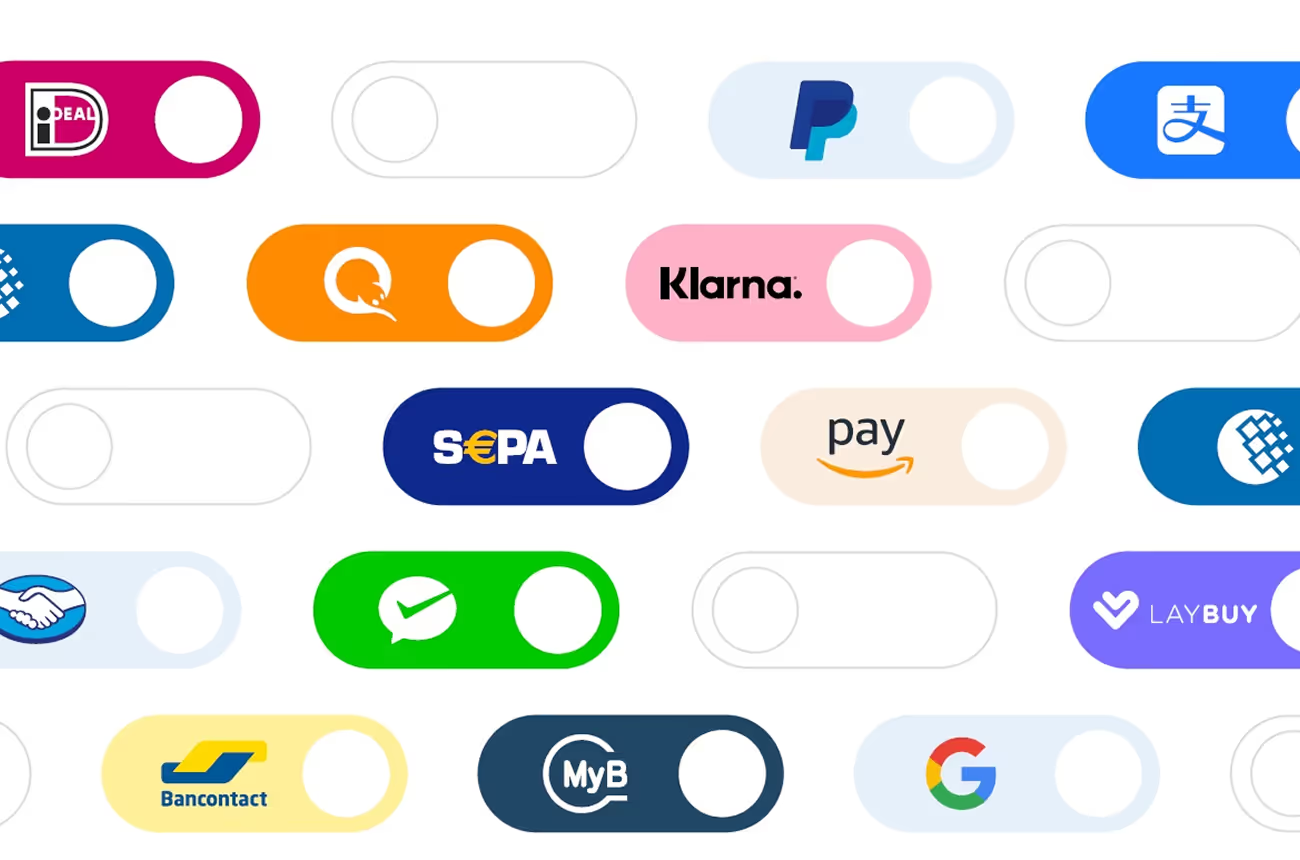🧠 Todos os limites estão na sua cabeça
(ou como saber a diferença entre uma fintech, um PSP e um banco — e por que isso é importante)
Em 2025, as finanças digitais parecem elegantes: interfaces de usuário suaves, transferências instantâneas, P2P de taxa zero e emojis nas transações. Mas sob o capô? Uma mistura selvagem de licenças, tecnologia e modelos legais.
Vamos detalhar quem é quem — em inglês simples, sem bobagens de marketing.
🏦 O que é um banco — e por que eles ainda são importantes?
Um banco é a espinha dorsal do sistema financeiro. Isso é:
- Aceita depósitos
- Emite empréstimos
- Está legalmente autorizado a gerenciar o dinheiro de outras pessoas
- É regulamentado por autoridades bancárias (EBA na UE, FCA no Reino Unido, FDIC/OCC nos EUA)
Característica principal:
Um banco pode usa fundos de clientes — o que significa que é totalmente responsável por sua segurança.
Os bancos nem sempre são dinossauros. Alguns oferecem APIs, adotam serviços bancários abertos ou adquirem startups de fintech. Mas, em sua essência, eles operam sob um modelo rígido: “Somos licenciados. Nós guardamos seu dinheiro.”
💳 E quanto aos provedores de serviços de pagamento (PSPs)?
Um PSP é o motor de pagamentos. Isso é:
- Processa pagamentos on-line (cartões, caixas eletrônicos, criptomoedas)
- Executa pagamentos
- Conecta-se a comerciantes por meio de APIs
Os PSPs podem possuir licenças EMI ou PI na UE, MSB no Canadá ou estar registrados na FCA do Reino Unido.
Eles são não bancos. Eles não armazenam fundos.
Eles movimentam dinheiro. Eles são infraestrutura.
Os PSPs não precisam de interfaces de usuário sensuais para os consumidores. Eles são criados para empresas que vendem ou pagam.
Por que os PSPs são importantes?
- Velocidade de integração
- Taxas de aprovação
- Acesso a trilhos de pagamento globais
🤖 Fintech — um estilo de vida?
Fintech não é uma categoria legal. É uma mentalidade para criar produtos financeiros.
A fintech pode ser:
- Um aplicativo de investimento (Robinhood)
- Um serviço de transferência sem fronteiras (Wise)
- Um cartão de análise de reembolso (Revolut)
- Uma plataforma em nuvem para PSPs (Stripe)
Fintech ≠ licenciado. Fintech = centrado no usuário.
Geralmente é executado em bancos ou na infraestrutura PSP, mas parece para os usuários uma solução completa.
🔀 Onde está a linha? Por que você deveria se importar?
Exemplos embaçados:
- Revolut: banco (na UE), fintech, e PSP.
- PayPal: não é um banco, mas age como um. Regulamentado como MSB nos EUA.
- Stripe: um PSP que lança recursos bancários por meio de parceiros.
Por que isso importa:
💼 Para empresas: para saber quem detém seus fundos, quem os movimenta e quem apenas mostra um bom painel
🔐 Para conformidade: para entender quem é responsável perante o regulador
📈 Para escalar: saber quem pode abrir novos mercados — e quem é apenas uma interface
Então, em vez de pensar em “banco x fintech x PSP”, pergunte:
- Quem tem o dinheiro?
- Quem processa a transação?
- Quem lida com os dados?
- Quem é regulamentado?
Todas as fronteiras estão na sua cabeça.
Saber a diferença não é teoria — é como você gerencia riscos, dinheiro e experiência do usuário.
Se você está no setor, conheça a estrutura.
Se você é um cliente, saiba em quem você confia.
Última publicação

April 30, 2025
O processamento de pagamentos é um setor de fintech em rápido crescimento, oferecendo altas margens, receita recorrente e um papel central na economia digital global.

April 30, 2025
Um guia rápido dos 7 nichos de pagamento mais promissores em 2025, destacando as principais tendências, tecnologias e oportunidades de crescimento na área de fintech.

May 29, 2025
Métodos de pagamento alternativos (APMs) e esquemas locais estão transformando os pagamentos on-line. Permaneça competitivo com soluções mais rápidas, inteligentes e sem cartões.




